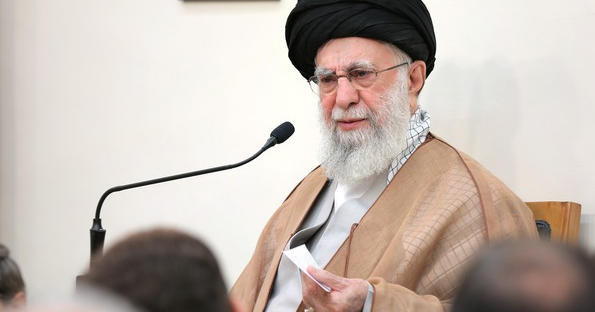
Similar Posts
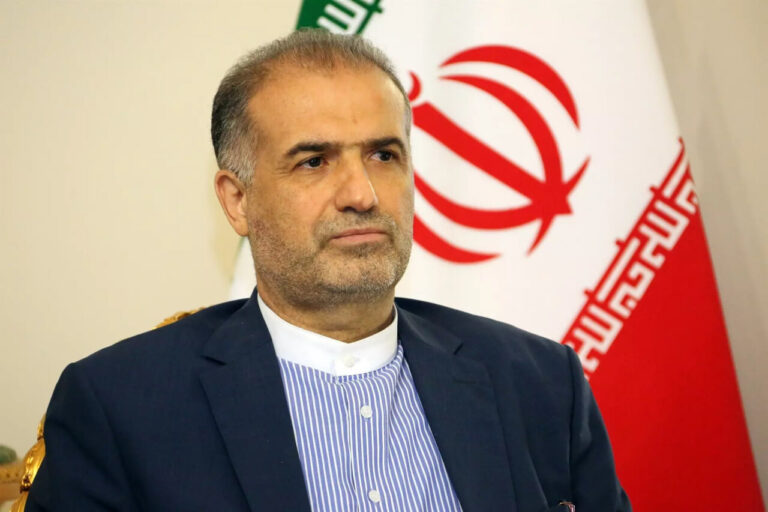
Iran and Russia Forge Groundbreaking Gas Swap Agreement: Key Details Revealed by Envoy
Iran and Russia have reached a pivotal agreement on the Rasht-Astara railway project during President Masoud Pezeshkian’s visit to Moscow, with plans to finalize the executive agreement by March 2025. The discussions, led by Pezeshkian and President Vladimir Putin, highlight the railway’s role in enhancing trade and connectivity between the two countries. The project, initially formalized in May 2023, is already underway with weekly coordination meetings between the Iranian and Russian transport ministers. Additionally, progress is being made on a Russian gas transfer deal to Iran, further strengthening their economic partnership.
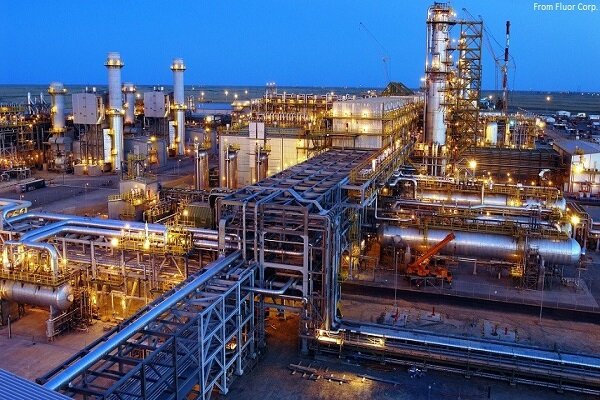
PG Star Refinery: A Key Milestone in the Legacy of the Islamic Revolution
Mohammad-Sadeq Azimifar, CEO of the National Iranian Oil Refining and Distribution Company, emphasized the urgent need for reforms in Iran’s energy sector governance. Despite significant advancements since the Islamic Revolution, such as gas field development and increased refining capacity, weaknesses in energy policy and management persist. Inefficient subsidies have led to increased domestic consumption, energy waste, and diminished export revenues. Azimifar called for strategic reforms to optimize the energy sector, enhance economic stability, and manage consumption effectively. Addressing these governance challenges is essential for maximizing Iran’s energy resources and improving its global energy market position.
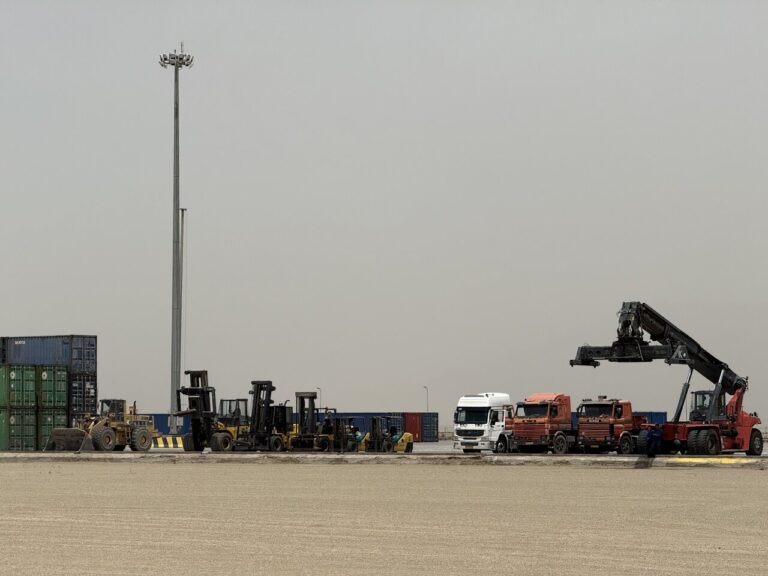
Massive 50 Trillion IRR Investment Set to Transform Tehran-Aprin Rail Dry Port
The Tehran-Aprin Rail Dry Port in Iran is set to receive an initial investment of 50 trillion IRR to enhance rail logistics and attract foreign investors, as announced by Nourollah Beiranvand from Iran’s Railway Transportation Department. This investment marks a crucial development phase, emphasizing private sector collaboration for locomotive contracts and dedicated freight train services. Despite challenges like limited access fees, public-private partnerships are underway to improve infrastructure and streamline investment processes. The port aims to become a dynamic logistics hub, positioning itself as a key player in regional transport, with several foreign operators already showing interest in participation.
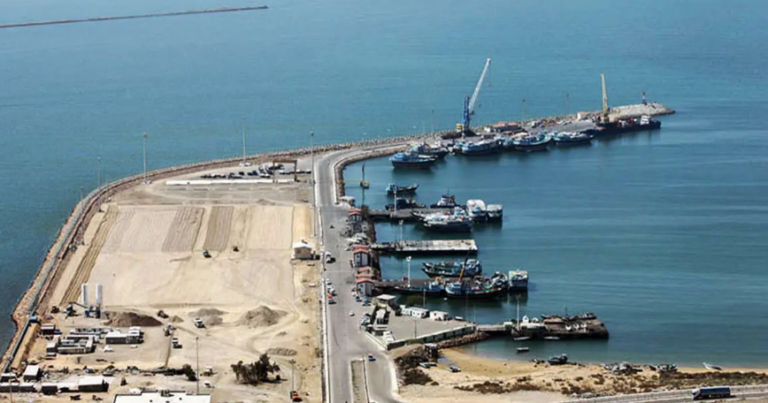
Iran’s Ambitious Capital Relocation Faces Significant Hurdles
Iran’s presidential administration has proposed relocating the capital from Tehran to the Makran region due to environmental and safety concerns. Government spokeswoman Fatemeh Mohajerani confirmed that the new capital would be in the south, specifically Makran, though it remains in the conceptual phase with no timeline set. Makran, situated along the Gulf of Oman, offers geographical and economic advantages, including access to Chabahar Port. However, challenges such as security threats, economic viability, and funding requirements pose significant obstacles to the proposal, which has sparked mixed reactions among the public and officials.
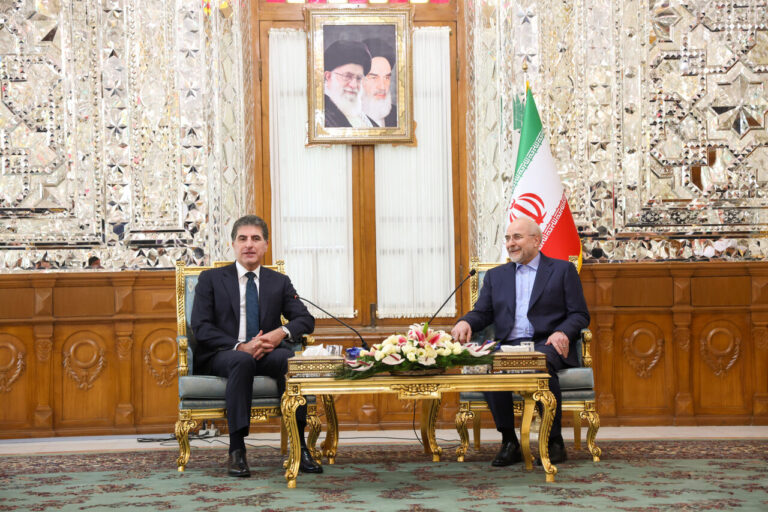
Boosting Regional Security and Stability Through Economic Cooperation
Iraqi Kurdistan President Nechirvan Barzani met with Iranian Speaker Mohammad Bagher Ghalibaf to enhance relations among Iran, Iraq, and the Kurdistan Region, focusing on regional collaboration and economic growth. Ghalibaf emphasized Iran’s commitment to strengthening ties with neighboring countries, highlighting existing cooperation. Both leaders recognized untapped economic potential, linking economic partnerships to regional stability and security. Barzani expressed gratitude for Iran’s support, underlining its role in the region’s political landscape. Their discussions highlighted the necessity for coordinated efforts to address regional challenges, reflecting a commitment to fostering peace and cooperation for mutual prosperity in the Middle East.
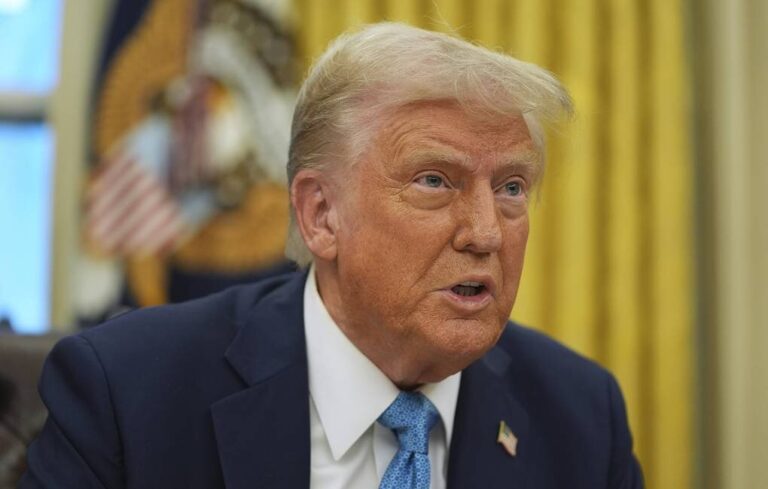
Trump’s March Metal Tariffs: No Exemptions Announced!
President Trump has announced a 25 percent tariff on all steel and aluminum imports, aimed at revitalizing American manufacturing and addressing perceived unfair international trade practices. During a White House press conference, he stressed the importance of domestic production for the nation’s future, declaring that American industries must return. The tariffs will apply universally, with no exemptions, as part of a broader strategy to strengthen the U.S. economy. While supporters see this as crucial for local manufacturers, critics warn of potential price increases and retaliatory actions from trade partners. The long-term effects on various industries remain to be seen.